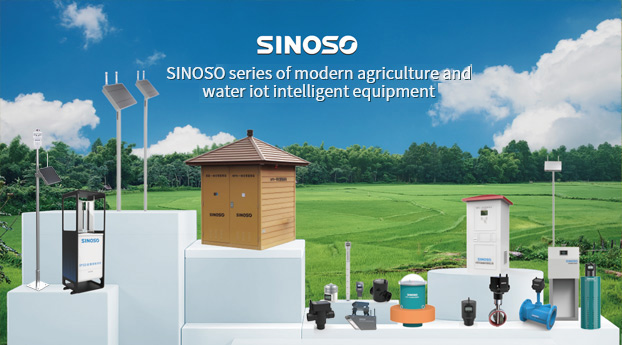To ensure the quality of tap water into households every summer by them to "excite the turbid and clear"
Release time:2019-07-05 Views:278
Nanjing now enters the midsummer season, the annual peak water consumption. Pipeline Management Institute of Nanjing Water Group Co., Ltd. is currently responsible for the management and maintenance of water supply pipe network and ancillary facilities in the main urban area, water supply transformation, pipe network inspection, pipe burst repair, pipeline acceptance, dark leakage detection and other work. They guard Nanjing's "water artery" day and night to ensure the normal supply of tap water around the clock.
At present, Nanjing has more than 5,300 kilometers of pipeline under the main urban area. Every day, tap water flows out of the water plant, passing through a network of "main roads" and "sidestreets", and finally into every house. In order to ensure the water quality of tap water to households, every summer, Nanjing Water Group pipeline management office to find out the potential water quality risks of the pipe network, through the flushing operation, for the quality and quantity of tap water "clear the way".
On summer nights, they are busy clearing "roads" for tap water.
Like urban roads, the "roads" where tap water flows from water plants to thousands of homes need to be "cleaned" regularly to ensure the quality of domestic water. Wang Suhong, chief of the water supply Facilities Section of the Pipeline Management Institute of Nanjing Water Group, introduced that every year in summer, the pipeline management Institute will find out the pipe network that may have potential water quality problems to wash. Especially because of the advance of urban construction, underground tap water pipe network will appear "end". These "end" pipes extend from the "main pipe", leaving room for later entry into the home. But in the idle period before commissioning, the "end" pipeline is actually in a "dead end" state. The water will no longer flow here, so the quality of the water will inevitably decline. "It's like when we travel for half a month and turn on the tap when we come home, the water that has just come out may have impurities, which will be put back for a while." Wang Suhong said.
The pipeline management office will flush these pipes once a year. Due to the water release must be stopped in advance, and summer is the peak of residential water use, must be rushed to complete the main pipeline flushing operation before the summer. So for the members of the management institute, every year at the beginning of summer is particularly busy. "In order to reduce the impact of the water cut on people's lives, we try to arrange the flushing operation at night." Wang Suhong said.
Cast iron pipes are easy to rust. From this year, they will be "washed" for residential buildings one by one in old residential areas.
In addition to the municipal public tap water network, this year, Nanjing Water Group pipeline management office also began to enter the community, pipeline flushing operations. "Many 2000 years ago, the water pipe network used cast iron material, a long time will inevitably rust, affecting the water quality," Wang Suhong said. "This year, we sorted out the first batch of more than 60 old residential areas of this type, with each residential building as a unit, the fine washing operation will be carried out throughout the year."
During the flushing operation, the staff will take measures such as installing drain gates to discharge the flushing water into the rainwater pipe. The flushing operation often lasts for 2 to 3 hours, and the comparison test before and after the flushing is also required.
"Flushing" can reduce sediment, but also reinforce the water "bacteria killer"
The main indicators used by the staff to test the quality of tap water are turbidity, which reflects the amount of sediment in the water, and residual chlorine, which refers to the amount of chlorine in the water. According to Wang Suhong, national standards require that the factory water turbidity is no more than 1NTU and the residual chlorine content is between 0.3 and 4 milligrams per liter. Nanjing Water Group has higher internal control standards, requiring turbidity of no more than 0.2NTU and residual chlorine of 0.5 to 1 mg/l from April to November and 0.3 to 0.8 mg/l from December to March.
The flushing operation of pipeline management is to minimize turbidity and maintain residual chlorine in the water. "Chlorine is a disinfectant for tap water. It can kill bacteria and protect water quality in a safe concentration, so even if the concentration is too low, it won't work." Wang explained that another important function of the flushing operation is to inject "fresh water" to maintain the residual chlorine content of the tap water in the pipeline, due to the volatilization and reduction properties of chlorine.
Article source: Yangtze Evening Post

















